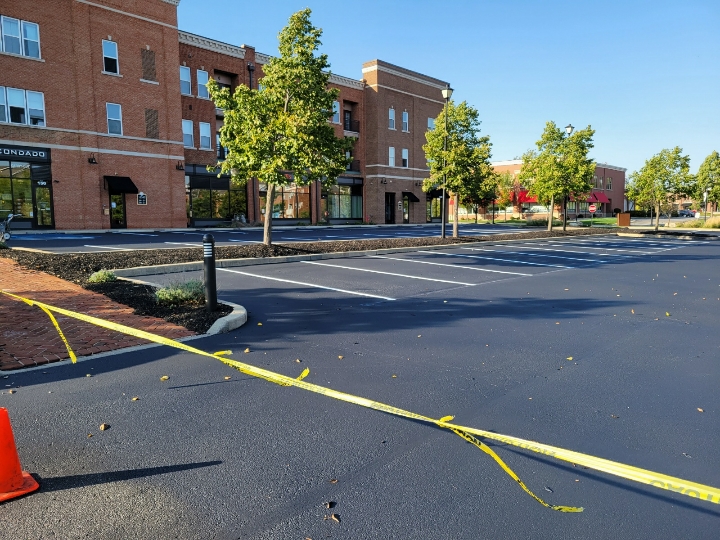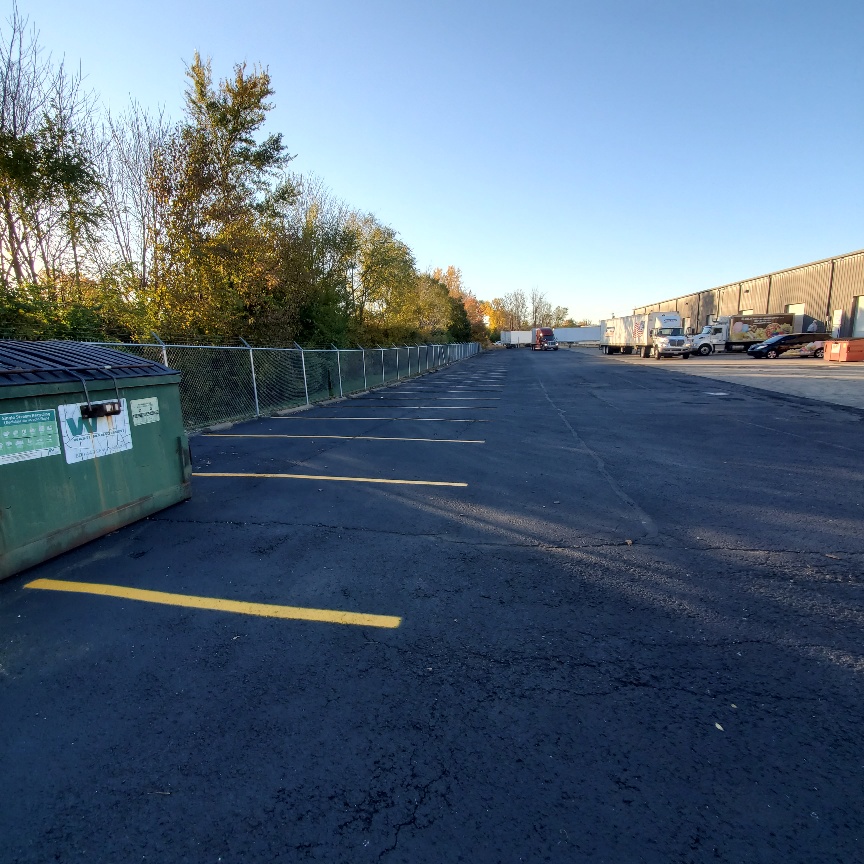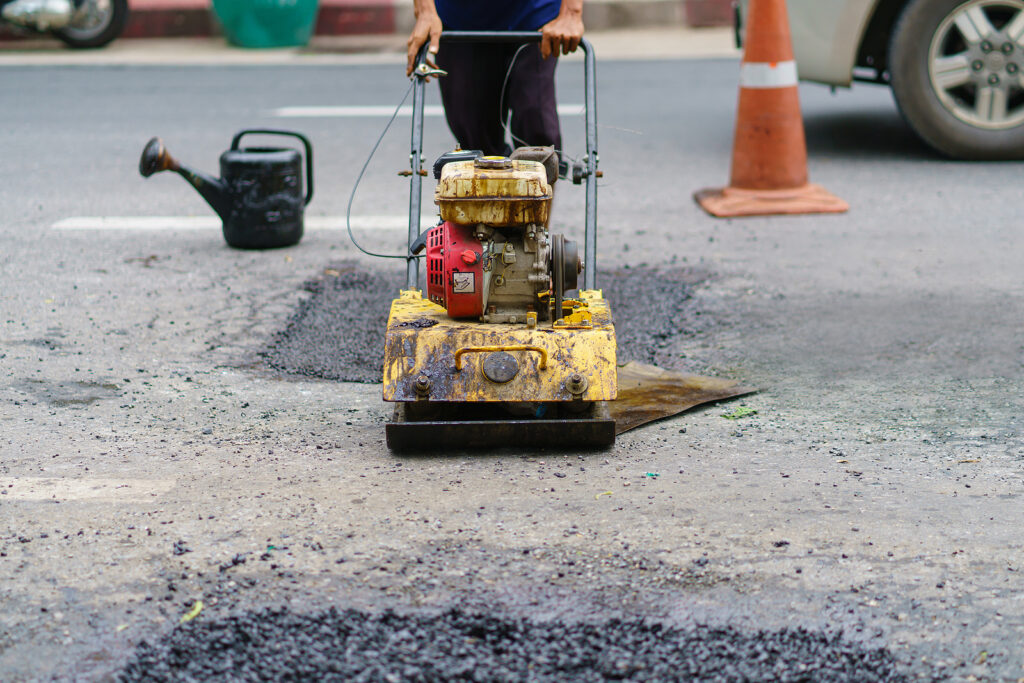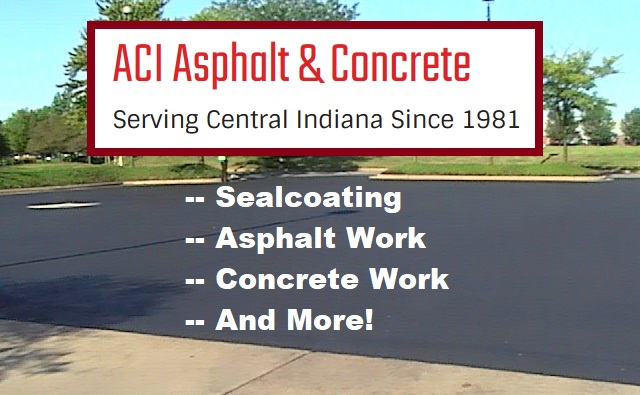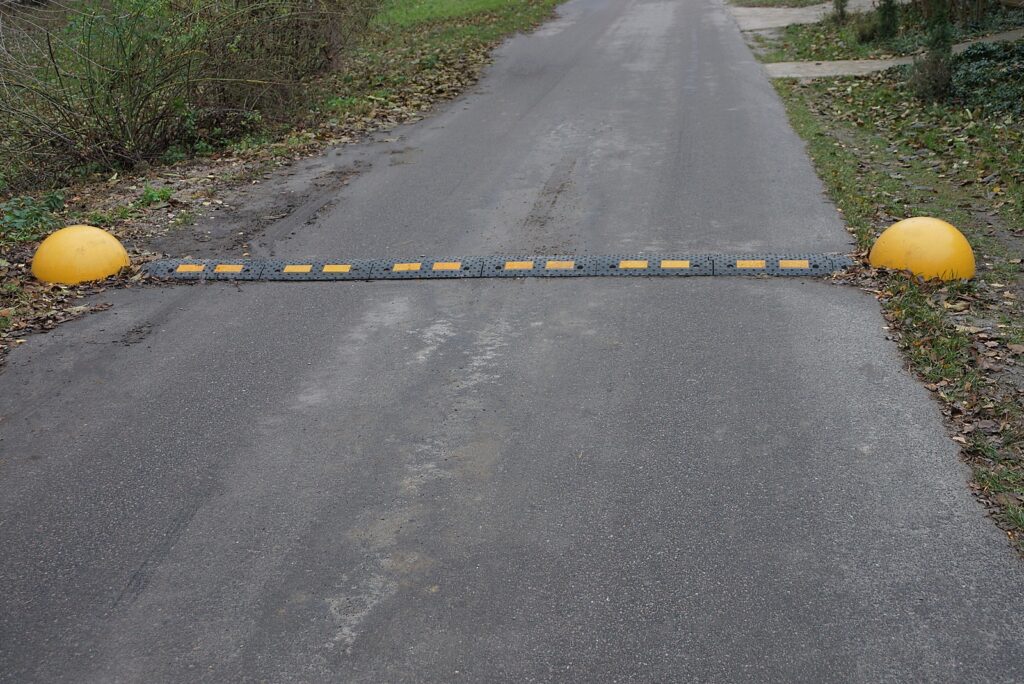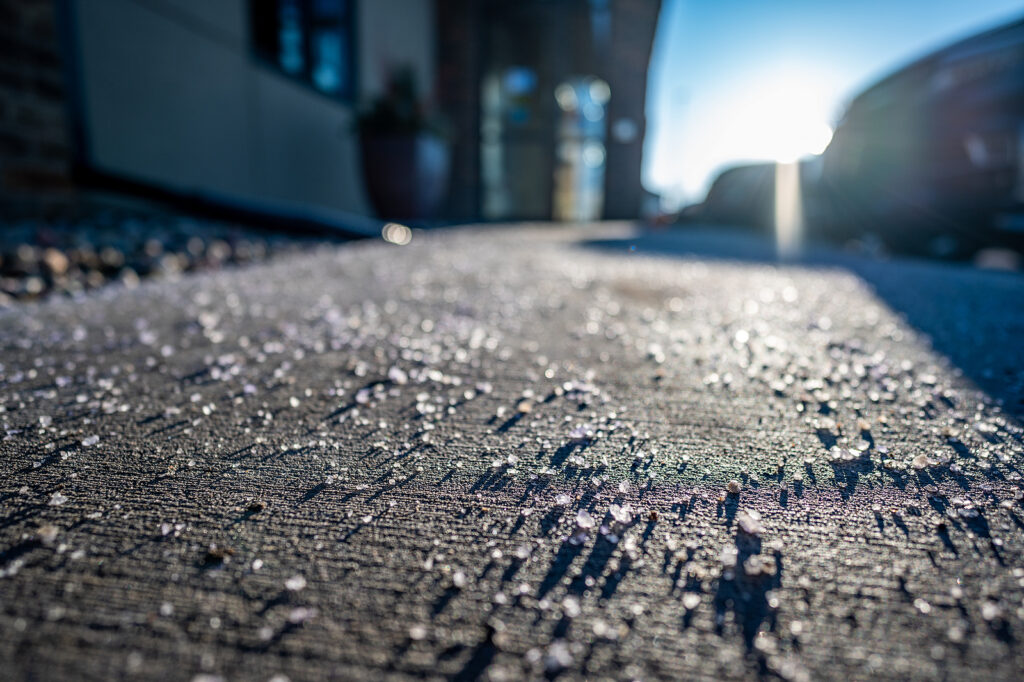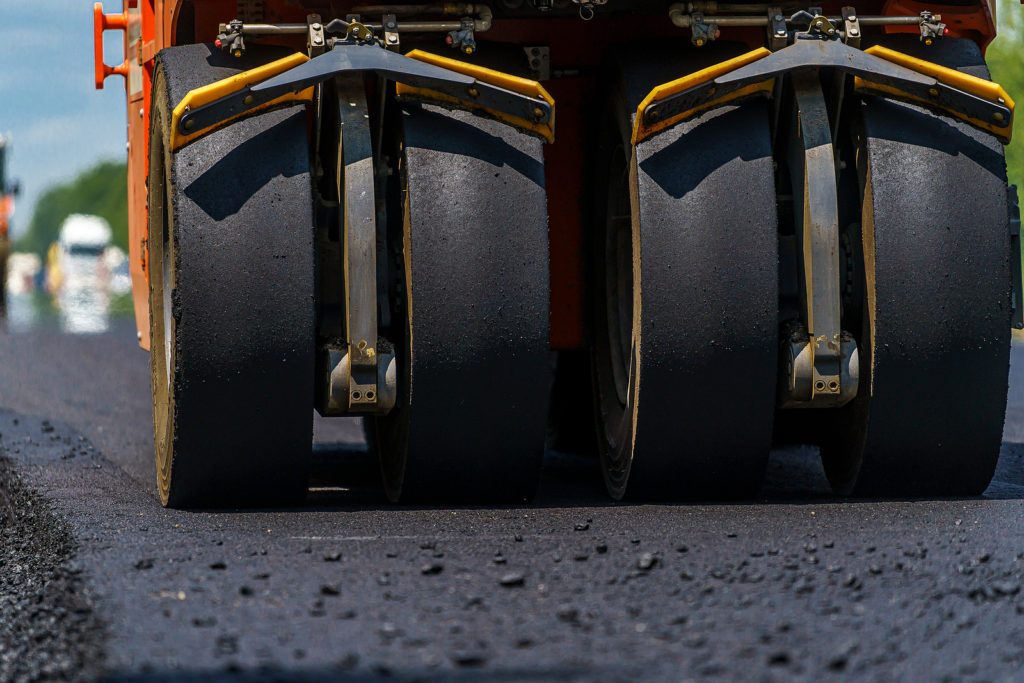In modern construction, asphalt is one of the most fundamentally used materials for paving driveways, roads, parking lots, sidewalks, and more. It’s commonly used in place of concrete by contractors and property owners for a variety of reasons. Asphalt has several desirable features and qualities that makes it a better for many industrial and commercial paving projects.
Continue reading to learn the top three reasons why asphalt pavement is commonly preferred over concrete, plus how to get started with an estimate for asphalt paving in Central Indiana.
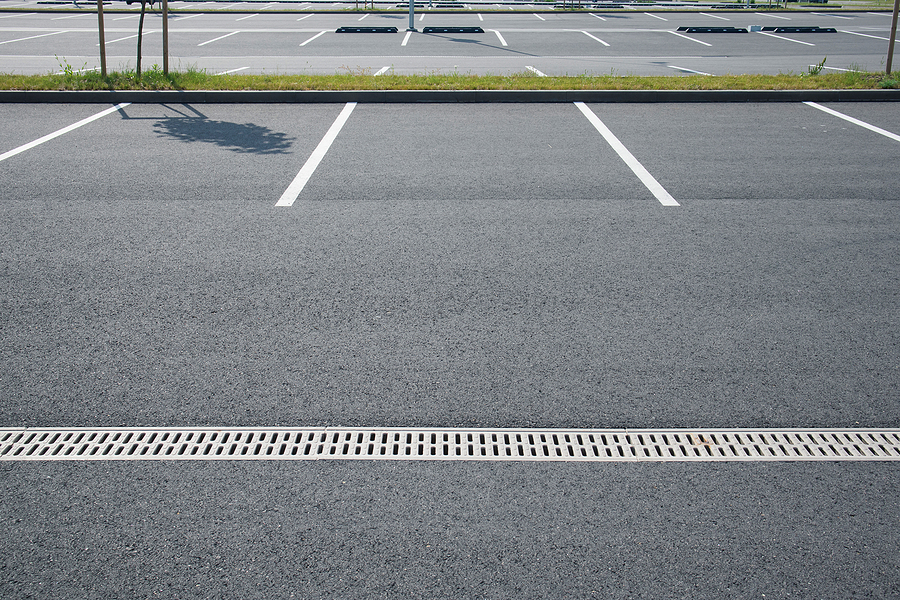
The Benefits of Asphalt are Ample
Although asphalt is a preferred form of paving, this doesn’t mean that concrete has no benefits or advantages. Depending on the project, one material may be better suited than the other; however, many paving project managers are using asphalt instead of concrete these days. Below are some of the most talked about advantages of using asphalt over concrete for commercial and industrial paving projects.
Low Initial Costs
Concrete, in the long run, costs less than asphalt pavement; however, the initial cost of installing asphalt is cheaper than concrete paving projects. This means it’s more economical than concrete as well. The only downfall to the initial cost affordable is that long-term maintenance care for asphalt is sometimes disregarded.
Time Efficiency
One of the most attractive features to asphalt is that it is more time efficient than concrete paving projects. Not only is it time effective, it’s also easy to apply and dries quicker than concrete. This means asphalt is the perfect approach for minor pavement repairs, such as potholes, cracks, and more. When it comes to paving projects or repair, saving time saves money on both ends.
Durability
There is a big difference between asphalt and concrete when it comes to durability, strength, and resilience. Concrete is more susceptible to damage and cracks much easier, making it much more prone to wear and tear, than asphalt paving. This means concrete also requires more maintenance and sealing then asphalt pavement does. Asphalt is also more weather resistant than concrete. It is resistant to normal or extreme climate changes, as well as harsh weather conditions and much more.
These reasons are just the start to why so many consumers choose asphalt for industrial or commercial pavement applications. It is highly recommended to consult your local Indianapolis commercial paving company for accurate and reliable information.
Are you looking for a trusted commercial paving company in your area? Contact ACI Asphalt and Concrete at 317-549-1833 to speak with a licensed contractor about commercial asphalt paving in Indianapolis, Indiana. We serve clients all throughout the state.
Related Posts:
Why Asphalt Repairs are So Necessary
3 Benefits of Recycled Asphalt
Is it Possible to Lay Asphalt on Top of Concrete?


